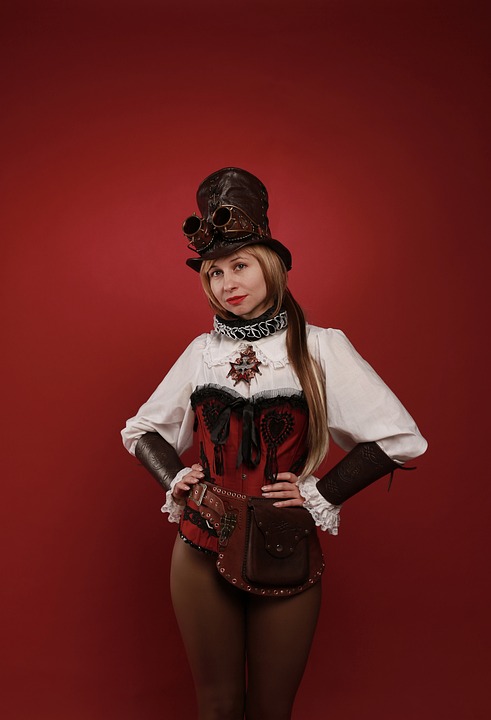Victorian Literature: A Look at the Classics
Victorian literature refers to the body of work produced during the reign of Queen Victoria in England, from 1837 to 1901. This era was characterized by significant social and cultural changes, which are reflected in the literature of the time. Victorian literature is known for its focus on morality, social reform, and the tensions between tradition and modernity. Many classic works of literature were produced during this period, shaping the literary canon for generations to come.
The Early Victorian Novel
One of the most enduring genres of Victorian literature is the novel. The early Victorian novelists, such as Charles Dickens, Charlotte Brontë, and William Makepeace Thackeray, were masters of social realism. Their works often dealt with issues of poverty, class struggle, and the effects of industrialization on society. Charles Dickens, in particular, is known for his vivid depictions of the social injustices of his time, as seen in novels like “Oliver Twist” and “David Copperfield.”
Charlotte Brontë’s “Jane Eyre” is another classic work of Victorian literature that explores themes of gender and class. The novel follows the story of Jane Eyre, a young governess, as she navigates the complexities of Victorian society and struggles to assert her independence. Brontë’s portrayal of a strong, independent female protagonist was revolutionary for its time and continues to resonate with readers today.
Victorian Poets
In addition to the novel, Victorian literature also saw a flourishing of poetry. Poets like Alfred, Lord Tennyson, Robert Browning, and Christina Rossetti are remembered for their lyricism, symbolism, and exploration of themes such as love, nature, and spirituality. Tennyson’s “In Memoriam” is a poignant elegy that reflects on loss, grief, and faith, while Browning’s “The Ring and the Book” is a complex narrative poem that delves into the nature of justice and morality.
Christina Rossetti’s poetry, on the other hand, often reflects her deep religious beliefs and explores themes of love, devotion, and redemption. Her collection “Goblin Market and Other Poems” is a celebrated work of Victorian poetry that showcases her talent for lyrical and evocative language.
The Gothic Tradition
Victorian literature also saw a revival of the gothic tradition, with writers like Bram Stoker and Mary Shelley producing some of the most iconic works of horror fiction. Stoker’s “Dracula” is a seminal vampire novel that has inspired countless adaptations and retellings, while Shelley’s “Frankenstein” is a groundbreaking work of science fiction that challenges the boundaries of human knowledge and morality.
The gothic tradition in Victorian literature often explores themes of the supernatural, the grotesque, and the uncanny. Writers like Edgar Allan Poe and Sheridan Le Fanu were masters of the macabre, creating eerie and unsettling tales that continue to captivate readers to this day.
The Influence of Darwinism
One of the defining features of Victorian literature was the influence of Charles Darwin’s theory of evolution. Darwin’s ideas about natural selection and the survival of the fittest had a profound impact on the literature of the time, shaping the way writers thought about the natural world and the human condition.
Thomas Hardy, for example, was a writer who grappled with the implications of Darwinism in his novels. In works like “Tess of the d’Urbervilles” and “Jude the Obscure,” Hardy explores themes of determinism, fate, and the struggle against oppressive social forces. His characters often face tragic ends, highlighting the harsh realities of life in a world governed by Darwinian principles.
Conclusion
Victorian literature is a rich and diverse body of work that continues to captivate readers with its timeless themes and enduring characters. From the social realism of the early Victorian novelists to the lyrical poetry of the Victorian poets, this period in literary history was a time of great innovation and creativity. The influence of Victorian literature can be seen in modern works of literature and continues to shape the way we think about society, morality, and human nature.
Whether you’re a fan of gothic horror, romantic poetry, or social realism, there’s something in Victorian literature for everyone to enjoy. So why not pick up a classic novel or poem from this era and experience the magic of Victorian literature for yourself?
